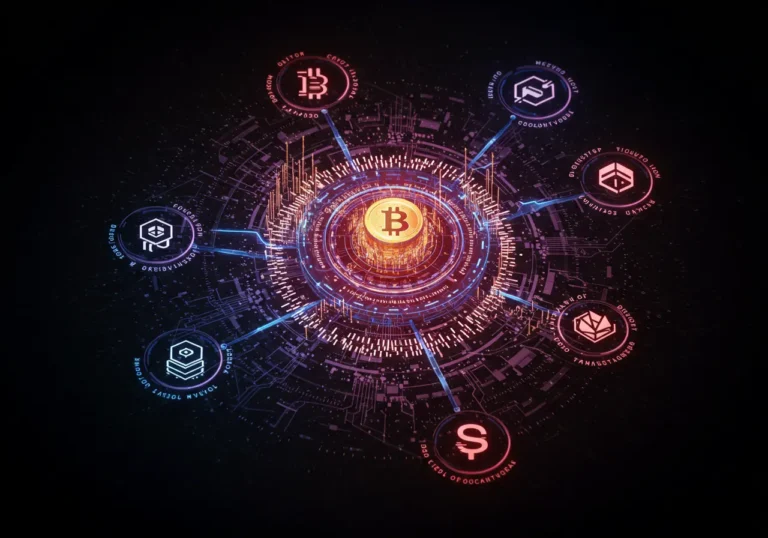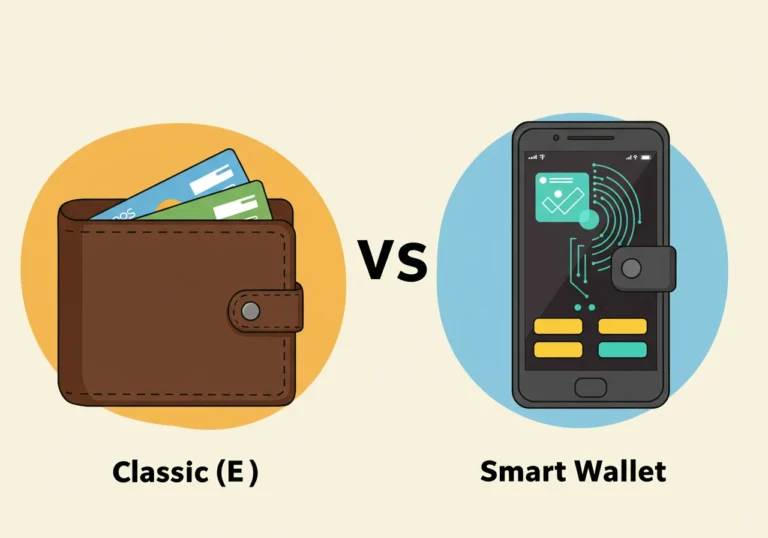Hard Forks vs. Soft Forks: Understanding How Blockchains Evolve

Hard Fork vs. Soft Fork: A Beginner-Friendly Look at Blockchain Updates
Think of a blockchain like a massive public whiteboard where every crypto transaction gets recorded for everyone to verify. It’s transparent, secure, and built to last. But just like any evolving system, it sometimes needs an upgrade—whether to fix issues, add features, or improve performance. That’s when something called a “fork” comes into play.
What’s a Hard Fork?
A hard fork is a big deal—like flipping the table and starting fresh. It’s when the blockchain’s rules change so much that the old way and the new way can’t get along anymore. Imagine you and your mates are playing cards. You’ve all agreed to draw one card each turn. Then someone says, “Nah, let’s draw two cards instead—it’ll speed things up!” Half the group loves it, half don’t. So, you split—two games, two sets of rules. That’s a hard fork. The blockchain splits into two separate paths, each doing its own thing.
I saw this happen with Bitcoin back in 2017. Some folks wanted bigger “blocks” (think pages in that notebook) to handle more transactions. Others said, “Nope, small blocks are safer.” No one budged, so—bam—hard fork. Bitcoin stayed Bitcoin, and the new kid, Bitcoin Cash, showed up. Two chains, two coins. Wild, right?
When a hard fork hits, here’s what you might see:
- Two Chains: One blockchain becomes two. It’s like picking which band to follow after a breakup.
- Arguments: People pick sides—some stick with the old chain, some jump to the new. It’s a bit of a ruckus.
- Extra Coins: Had coins before the split? You might get some on both chains. Neat, but a hassle to sort out.
But it’s not all smooth sailing. There’s risks too:
- Mix-Ups: “Wait, where’s my money now?” It can feel like losing your keys in a messy room.
- Weak Spots: If the new chain doesn’t have enough fans, it might not hold up against troublemakers.
- Value Dips: If folks don’t trust the new chain, its coins could tank fast. Ouch.
Hard forks are bold. They’re like moving house—exciting, but it can shake things up.

Soft Forks: The Easy Way
Now, a soft fork? That’s more chill. It’s a tweak that doesn’t break everything apart. Back to our card game—say we add a rule: “You can swap cards with a buddy.” Don’t want to swap? No biggie, you can still play with everyone. That’s a soft fork. The blockchain gets an upgrade, but it doesn’t split. Everyone stays on the same page, more or less.
Take Bitcoin’s SegWit update. It tweaked how transactions fit into those notebook pages—more room, less clutter. Most people updated, but if you didn’t, you could still use Bitcoin. No drama, just a little improvement.
Here’s why soft forks are handy:
- No Split: One big happy network. No picking teams.
- Easy Peasy: It’s like adding a shortcut to your phone—simple and quick.
- Less Risk: Things stay steady, no big shocks.
Why do I like soft forks better? They don’t mess with my head. No worrying about which chain’s the “real” one. It’s just a quiet fix—like patching a tire instead of buying a new car.
How Do They Stack Up?
Let’s line ‘em up quick:
- Old Rules: Hard forks ditch ‘em completely. Soft forks keep ‘em in the mix.
- Network Vibe: Hard forks can split the crew. Soft forks hold it together.
- Size of Change: Hard forks are massive; soft forks are little nudges.
When do you use each? Hard forks are for the big stuff—like rewriting the rulebook. Soft forks? Perfect for small tune-ups. Oh, and if a hard fork flops? If not enough people jump on the new chain, it might fizzle out—weak, vulnerable, or just plain worthless. Like opening a shop no one visits.
Wrapping It Up
There you go—hard forks and soft forks, straight up. Hard forks shake things up, maybe even make a new coin. Soft forks keep it low-key, just smoothing things out. Both keep blockchains moving forward, but they’ve got their own flavor.
Next time someone mentions a blockchain update, you’ll know the score. Is it a hard fork stirring the pot, or a soft fork keeping it cool? Makes a difference to your crypto stash. What do you think—ever been caught in a fork yourself? Let me know!
Oh, and here’s the short version:
- Hard forks split the blockchain. Big change, big risk.
- Soft forks tweak it without breaking it. Safe and sound.
- Knowing this stuff? Keeps you in the loop with your coins.
Cheers—hope that cleared things up a bit!
Table of Contents

Hello, I’m Edmilson Dias, founder of CoinBringer. I created this platform to guide people through the fast-moving world of cryptocurrency with clarity and safety. With years of research in blockchain and digital security, my goal is to translate complex topics into practical knowledge, offering reliable tutorials, safety insights, and guidance for both newcomers and experienced users.
Discover more from CoinBringer
Subscribe to get the latest posts sent to your email.







